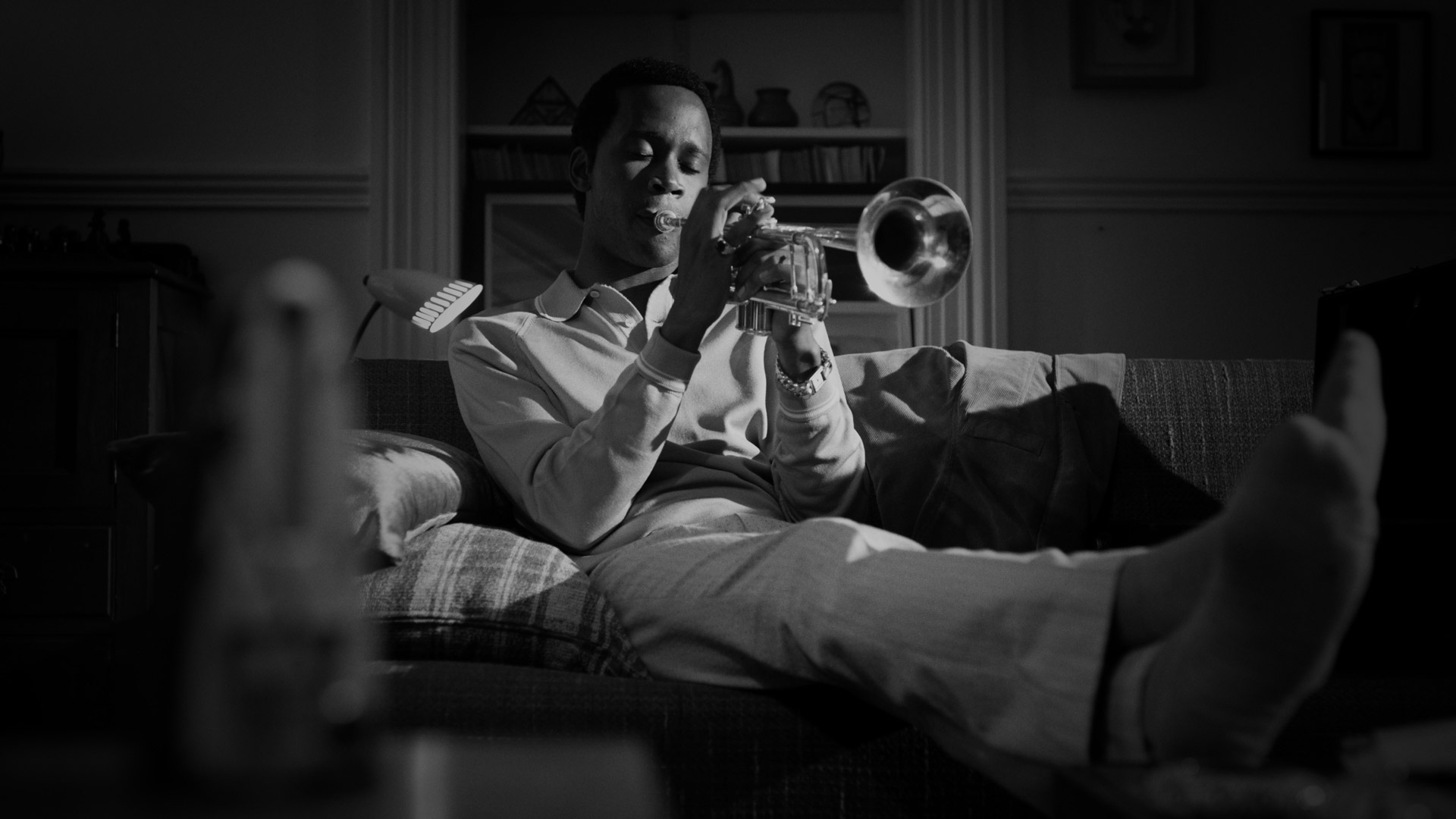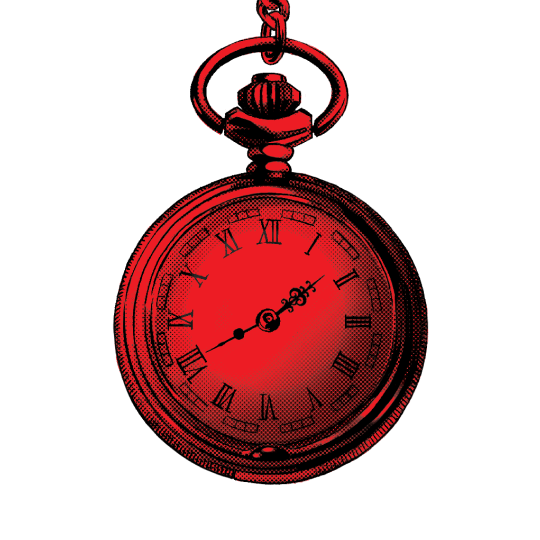It may sound like an odd question. But it’s one that the most successful
entrepreneurs in the world know the answer to – exactly what their time is
actually worth. Think about it. How often have you heard the saying “time is
money”? But just how much money?
You may be wondering why knowing the value of your time is important. For
starters, it can help you spend more time on the things that are most
important to you. It can also make you more productive, more satisfied and,
like some entrepreneurs, more successful. And we all know that,
often, with more success comes more money.
But just how do you go about working out what your time is worth? It’s
actually quite simple.
First, work out how much time in a month you spend to earn money. But not
just time actually working. Are you commuting? Add it on. Answering work
emails at home? Add that on too. Add on anything that’s related to work.
Then calculate your total after-tax income per month. Now divide your total
earnings by the hours you spend to earn it.
And that’s it. That is your time’s value.
Of course, not everything in life has a monetary value. Attending your kid’s
soccer game may not contribute to your financial bottom line, but that’s no
reason to skip it. But knowing what your time is worth is invaluable.
The good news is, if you invest early, time gives you money. And then, money
gives you more time to spend on what’s important to you. That’s why time
really is the greatest gift of all.
And now that you know your number, we hope it was worth your time
reading this.
To make the most of your time, visit
www.allangray.co.za, call
0860
000 654,
or your financial adviser.






























